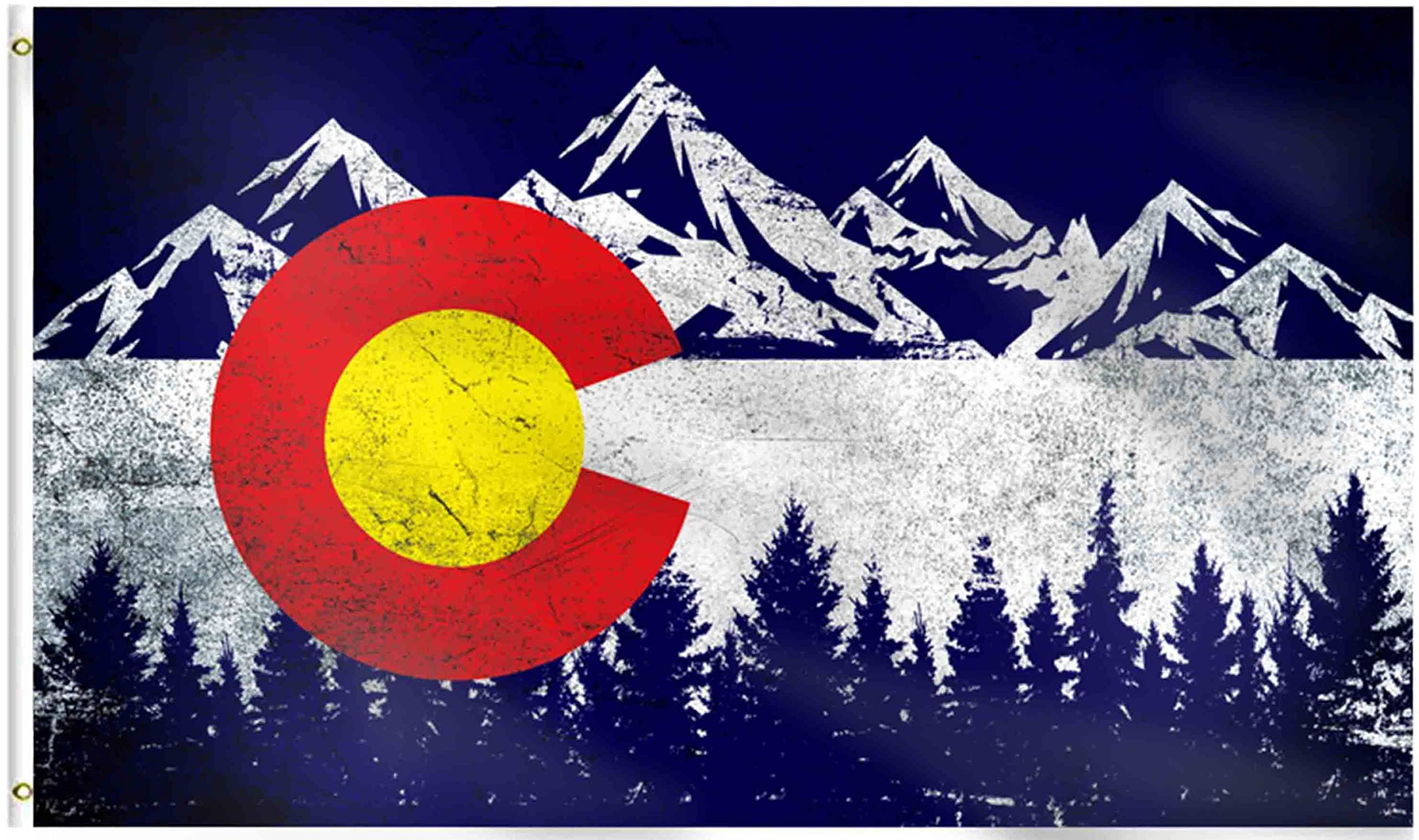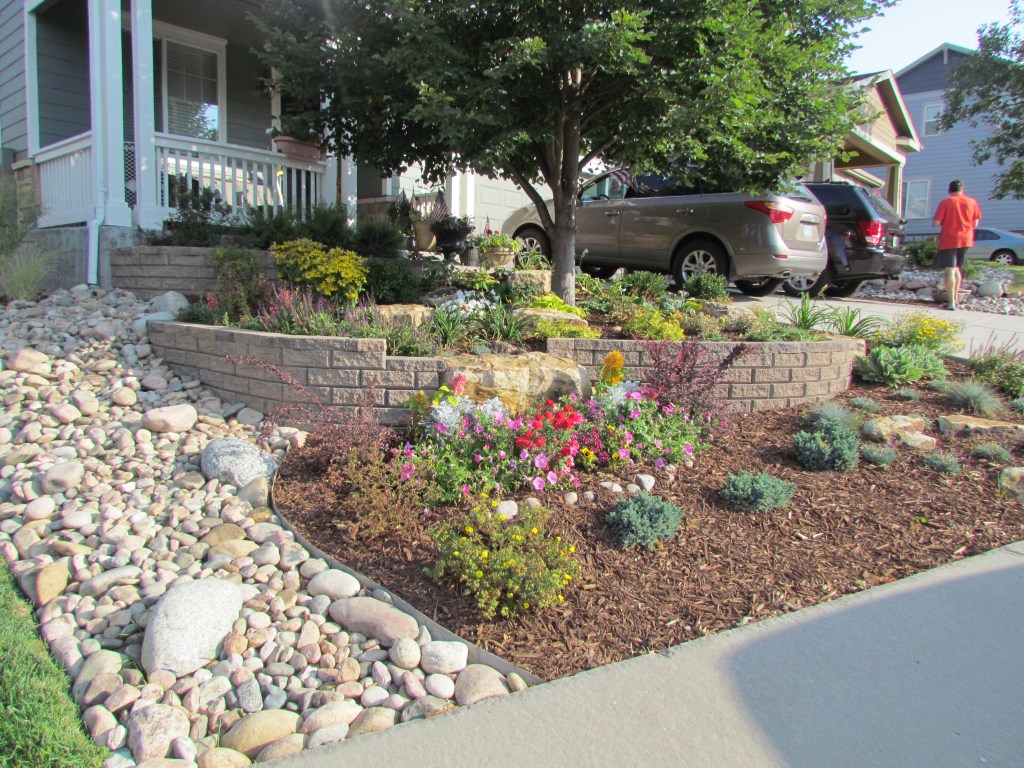- cross-posted to:
- denver_post_comments
- coloradopolitics
- cross-posted to:
- denver_post_comments
- coloradopolitics
Coloradans might have to say goodbye to verdant green medians full of grass if state lawmakers succeed in a plan to save water by banning new nonnative ornamental turf.
A bipartisan draft bill approved Tuesday by the Water Resources and Agriculture Review Committee would prohibit state government, local governments and homeowners’ associations from planting new nonfunctional turf, artificial turf or invasive plants on any commercial, industrial or institutional property beginning at the start of 2025.
The proposed ban would not apply to residential lawns.
The goal behind the proposed legislation is to reduce water use in the often drought-ridden state as Colorado becomes warmer and more arid. Nearly half of water used in cities and towns goes to watering lawns — most of which are planted with nonnative turf, said Lindsay Rogers, a policy advisor with Western Resource Advocates who testified on the draft bill during Tuesday’s hearing.
“Our new bill makes a simple change that will have major ripple effects,” Sen. Dylan Roberts, a Frisco Democrat, said in a news release. “By restricting the installation of grass turf in new developments and nonfunctional areas, we can significantly cut down on nonessential water use and ensure we’re using our water as efficiently as possible.”
The bipartisan bill is part of an ongoing effort in Colorado and across the drying West to reduce the amount of water-dependent grasses with plants that can thrive in the region’s climates with little or no extra watering. Though municipal water use makes up only 7% of Colorado’s annual average use — about 90% is used for agriculture — replacing ornamental grass is an impactful tool that reduces water use, Rogers said.
The bill defines nonfunctional turf as grass that is predominantly ornamental and serves no function. Common examples are road medians and strips of grass between a sidewalk and a street. The bill does not ban the use of grass on private residences or in places where it serves a purpose, such as parks, sports fields or playgrounds. “It’s ornamental, it’s purely aesthetic,” Andrew Hill, the government affairs manager at Denver Water, said during this week’s hearing.
Banning the installation of ornamental, nonnative grasses is much cheaper than replacing grass that’s already installed, said Greg Fisher, Denver Water’s manager of demand planning and efficiency.
“We really do need to make this change starting now,” he said.
The potential ban on artificial turf is meant to reduce negative impacts associated with it, including an exacerbation of the heat island effect, in which urban areas become hotter because artificial infrastructure reflects heat instead of absorbing it, as vegetation does. Artificial turf also can release chemicals into watersheds.
Colorado lawmakers in 2022 passed a bill that provided financial incentives to local governments, nonprofits and other entities to replace irrigated turf with more water-efficient landscaping. Several municipalities, including Aurora and Broomfield, have approved ordinances that restrict the use of ornamental turf or help pay to replace it.
The draft bill next will be reviewed by the Legislative Council. Four lawmakers — Roberts, Rep. Karen McCormick, D-Longmont; Rep. Barbara McLachlan, D-Durango; and Sen. Cleave Simpson, R-Alamosa — said they would sponsor the bill during the 2024 legislative session, which is set to begin Jan. 10.



Any lawmaker that tried to get rid of homeowner’s turfy flex would not be reelected.